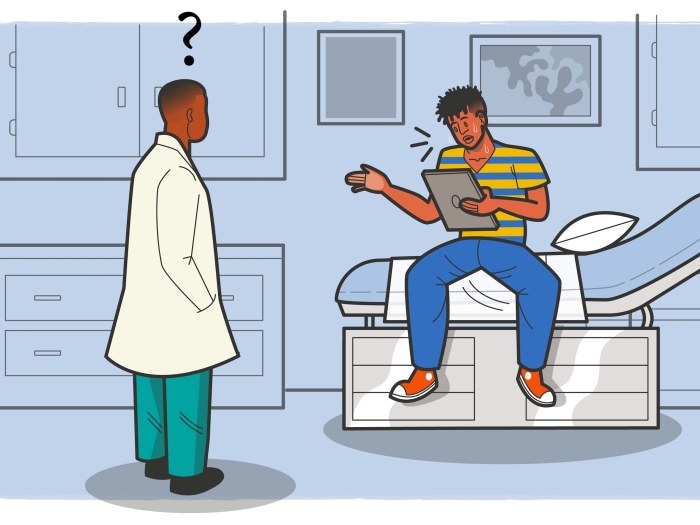This morning, I read an extremely well-written article in the New York Times about women in science. Here is the article for anyone who is interested in reading it. The article was a shock to me for several reasons. First, I did not excel in science and math as a high school student or in college. As a non-traditional student, I studied South Asian History. I took creative writing classes, acted in plays, and played the drums. The arts and humanities had no shortage of strong, female role models and peers. I did not realize that I had any interest in or aptitude for science until I worked as a clinical research coordinator. After college, I worked in Reproductive Endocrinology and Infertility, a subspecialty of Obstetrics and Gynecology that is filled with accomplished, ambitious women.
Now at the University of Michigan, I feel that there is no shortage of female doctors who want to give me career and life advice. My only complaint is that I am too frequently advised on how to balance a career with family. I was born when my mother was a fourth year medical student and my father was completing his MD-PhD. I was raised to believe that having a job and a family is not a balancing act, it is life. I also find it frustrating that my male friends are not offered the same advice. It is assumed that they're not interested in family life or that they will not be expected to nurture children and a career simultaneously.
Regardless of my positive experiences in medicine, this article reminds me of the prejudice that my mother faced as a Chemistry major and a medical student. She isn't bitter about her experiences, she is just happy that I have not faced the same obstacles. I never had any idea that my female peers might have had to overcome the same narrow minded thinking that challenged my mother's ambitions. I can only assume that the female physicians who offer me leadership and professional advice have also faced these barriers. Just as importantly, I know that there are similar disparities in science among minorities. After reading this article, I don't wonder whether bias still exists. I wonder why aren't we talking about it.

Department of Communication at Michigan Medicine
Want top health & research news weekly? Sign up for Health Lab’s newsletters today!





